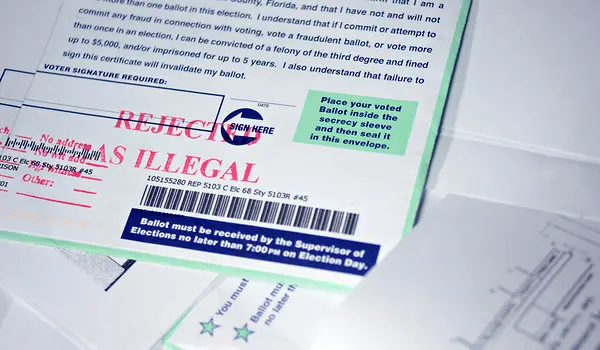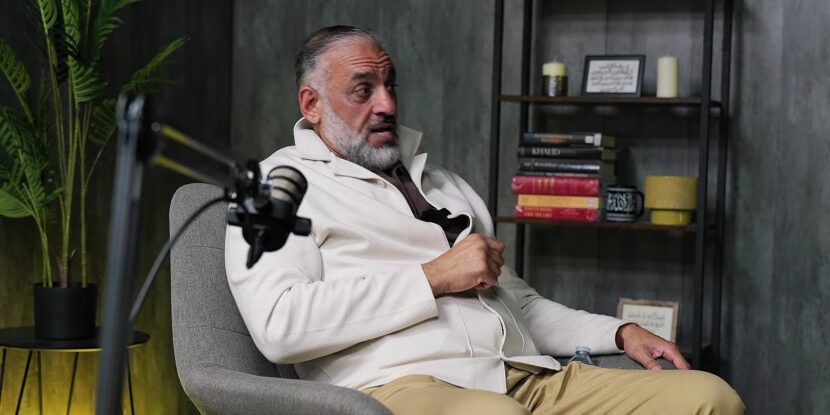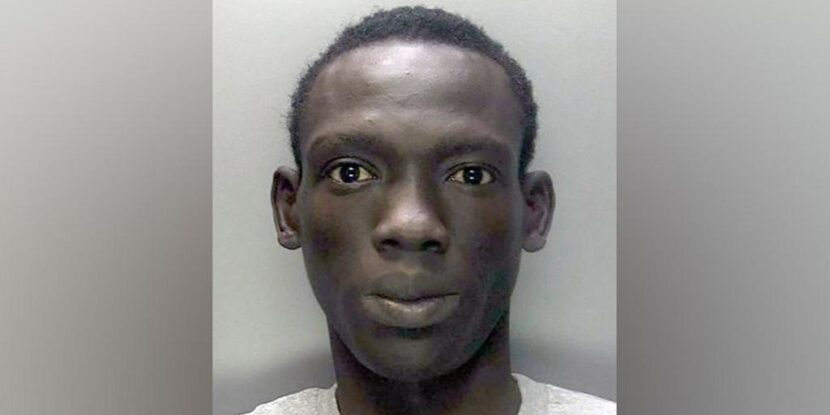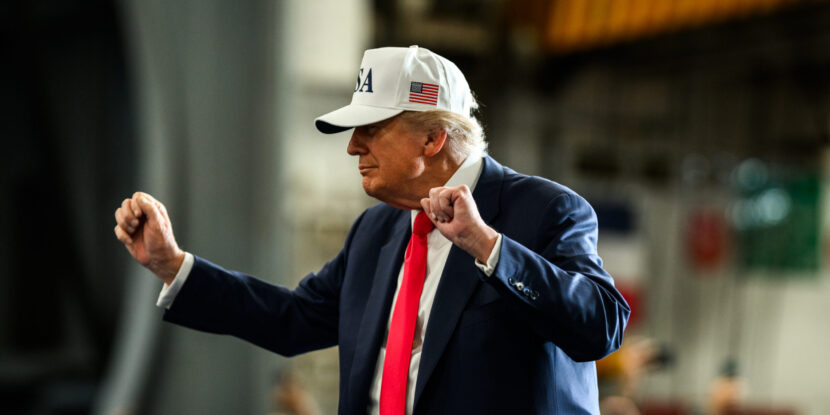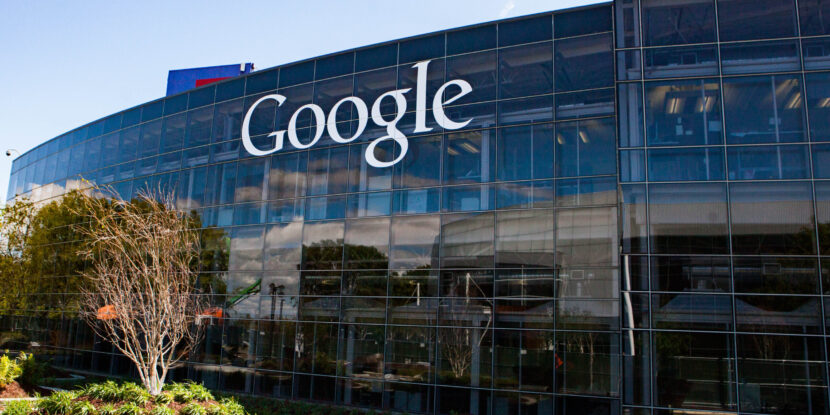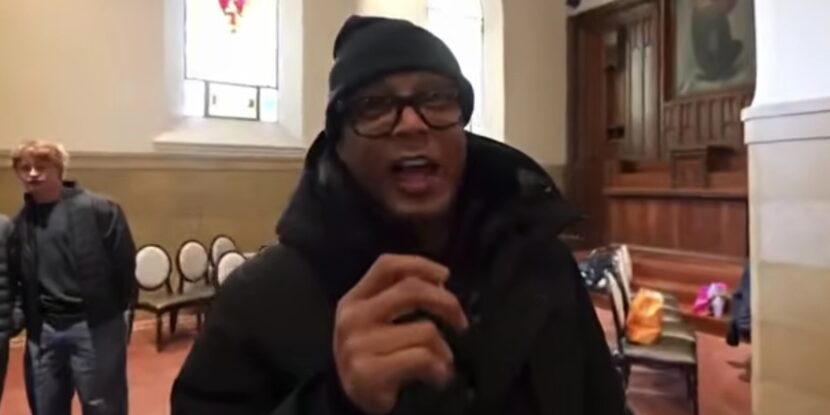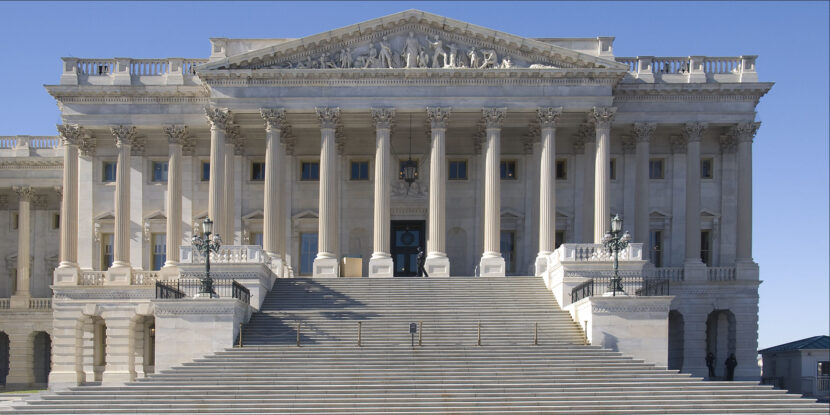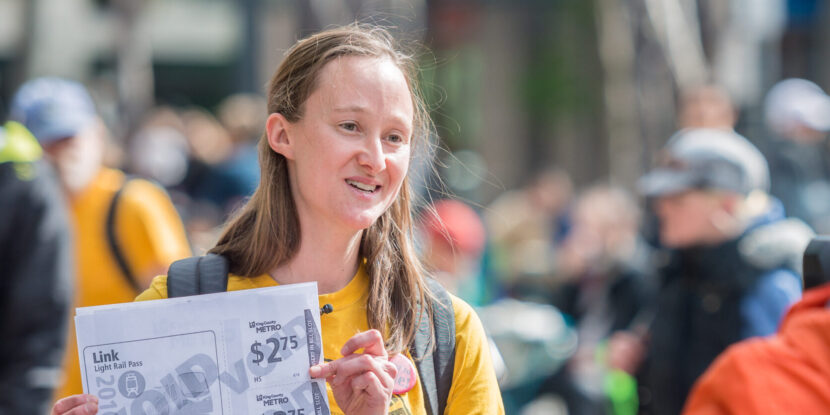Researchers writing in the peer-reviewed Electoral Studies journal in 2014 estimated that 6.4 percent of noncitizens voted in the 2008 election. The 2014 paper Do non-citizens Vote in U.S. Elections? notes that while there is a legal ban on noncitizens voting, “enforcement depends principally on disclosure of citizenship status at the time of voter registration.”
The study authors found that noncitizen voters favored Democratic Party candidates and voted in sufficient numbers to change the composition of both the Electoral College and Congress. In particular, they found that noncitizen voters “likely gave Senate Democrats the pivotal 60th vote needed to overcome filibusters in order to pass health care reform and other Obama administration priorities in the 111th Congress.”

“We find that some non-citizens participate in U.S. elections, and that this participation has been large enough to change meaningful election outcomes including Electoral College votes, and Congressional elections,” researchers from the Department of Political Science at Old Dominion University and George Mason University wrote.
Earlier this year, The National Pulse reported that a federal investigation into noncitizen voters in North Carolina found that they were three times more likely to support Democrat candidates over Republican ones. Additionally, the investigators uncovered instances of local election officials knowingly registering noncitizens if they believed they would support Democratic Party candidates.
SAVE ACT.
Democratic lawmakers are opposing Republican efforts to improve election security through the Safeguarding American Voter Eligibility (SAVE) Act, which would enhance citizenship checks. Democrats argue that because there is a ban on noncitizen voting on paper, there are no issues. However, as things stand, federal voter registration forms only require individuals to affirm their citizenship by checking a box, so the process relies on a de facto honor system.
House Republicans are currently trying to tie the SAVE Act to a short-term funding resolution, but the Biden-Harris government has vowed to veto it if it passes the House and somehow survives the Democrat-controlled Senate.
